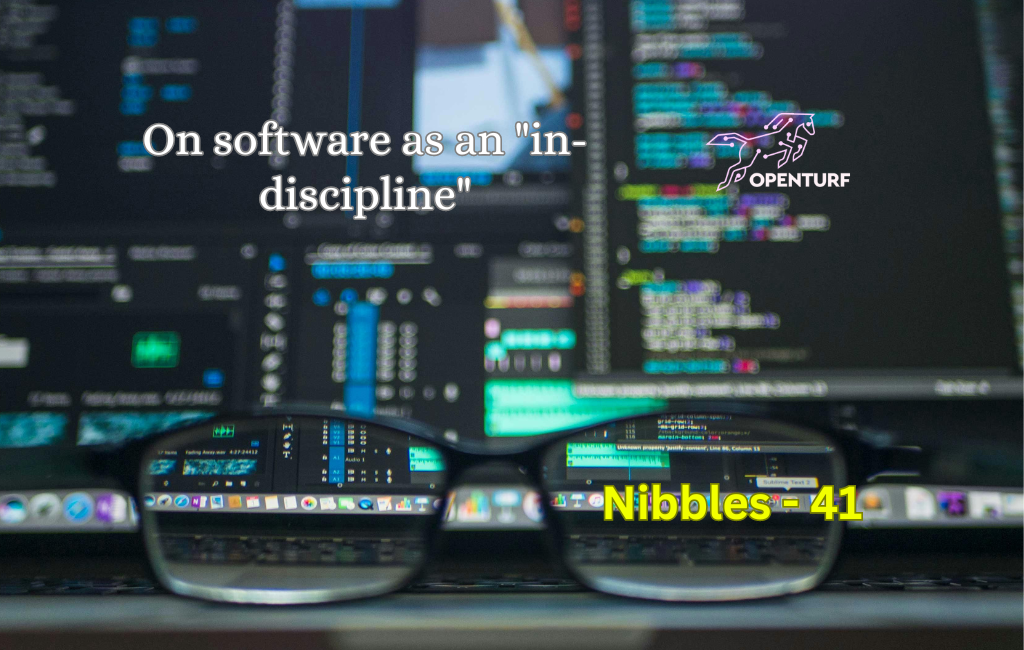The blog discusses the immaturity of software as a discipline, highlighted by incidents like the CrowdStrike fiasco, which demonstrate the risks of highly centralized software systems. Unlike well-established fields like civil engineering or medicine, software is still in its early stages and faces unpredictable failures due to its complexity and the infinite ways it can be developed and used. The author calls for skepticism, adherence to first principles, and decentralization to mitigate potential global impacts of software failures.
For more details, you can read the full blog here.
LLM Disruption in Chatbot Development Frameworks
The article discusses how Large Language Models (LLMs) are disrupting traditional chatbot development frameworks. It highlights the advantages LLMs bring, such as improved natural language understanding, more human-like conversations, and reduced dependency on rigid rule-based systems. However, it also points out challenges, like integration complexities and the need for fine-tuning to align with specific business needs. The author suggests that LLMs are pushing chatbot frameworks towards more flexible, AI-driven solutions, reshaping how developers approach chatbot creation.
For more details, you can read the full article here.
How to get startup ideas
Paul Graham’s essay “Startup Ideas” advises entrepreneurs to focus on solving real problems they personally experience, rather than seeking generic business ideas. He emphasizes that successful startups often emerge from founders addressing their own needs or frustrations, which leads to genuine solutions others will value. Graham suggests looking for ideas that seem obvious or undervalued and warns against following trends or copying existing businesses. He encourages founders to remain adaptable, seek feedback, and stay open to evolving their ideas based on real-world needs and discoveries.
For more details, you can read the full essay here
Why Big Tech Companies Ask Competitive Programming and Data Structures in Interviews?
The blog explains why big tech companies emphasize competitive programming, data structures, and algorithms in their interviews. These skills demonstrate a candidate’s problem-solving abilities, analytical thinking, and coding efficiency—key traits for handling complex real-world challenges in software development. Competitive programming also tests a candidate’s ability to write optimal, efficient, and bug-free code under pressure, which is crucial in high-stakes tech environments. The focus on these areas ensures that candidates are prepared for the technical rigor of their jobs
For more details, you can read the full post here
Fun Stuff
Our usual fun stuff




